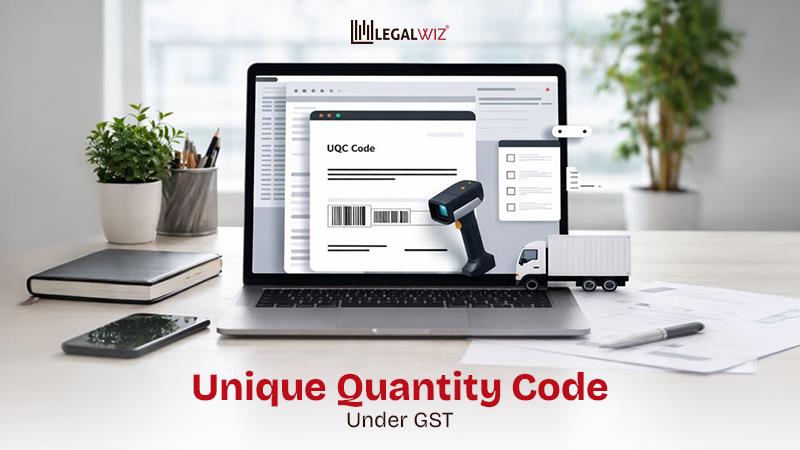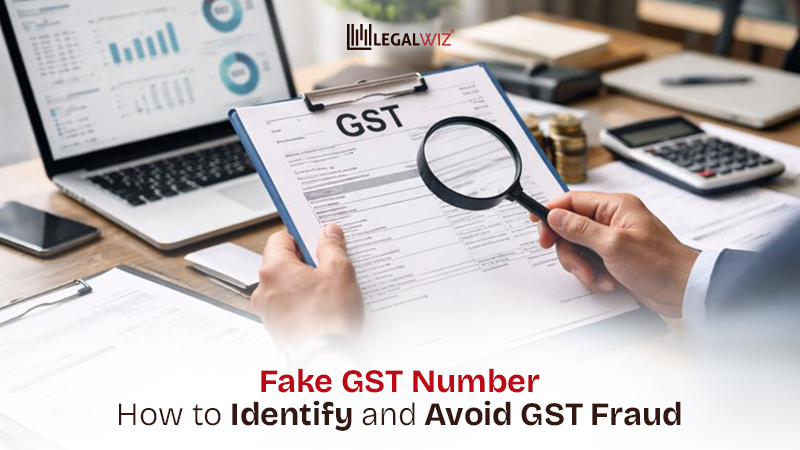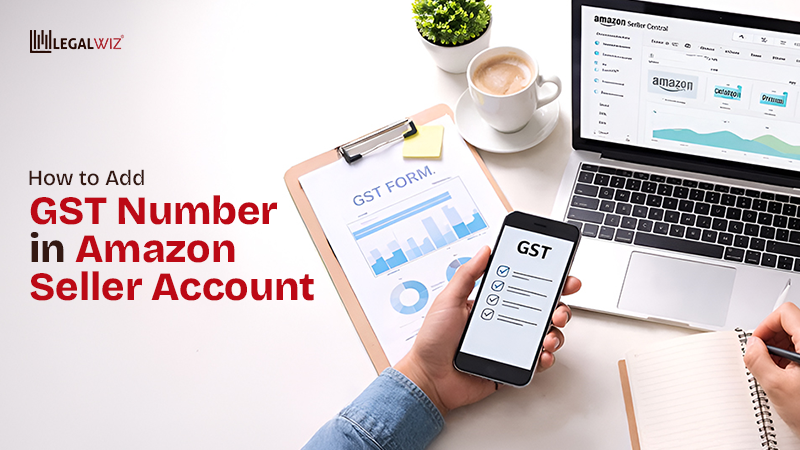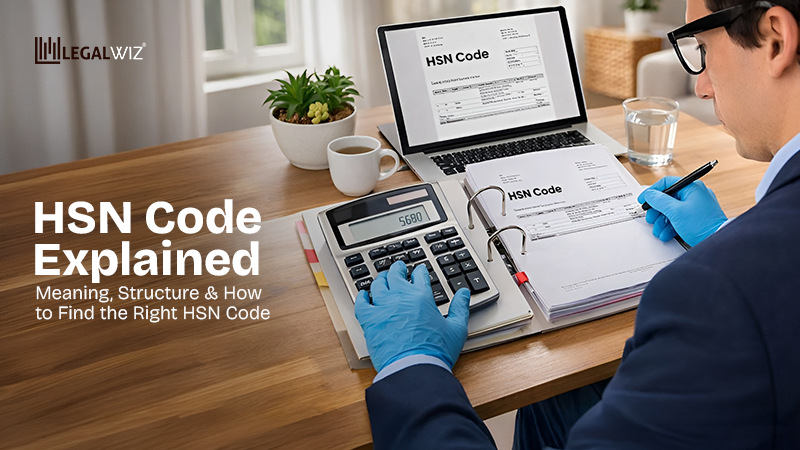All You Need To Know About ITR-4 Sugam
The Income Tax Department of India provides 7 different forms applicable to different persons and entities for the purpose of filing income tax returns. This makes the process easier for people to follow. For example, ITR-4 sugam form is applicable to small business owners, professionals and freelancers, etc. It is very important for all individuals to have an idea of which ITR form they are required to submit annually. To make it easier for you, this article gives a complete overview of what is ITR-4 sugam, its applicability and ITR filing process.
What is ITR-4?
Out of the 7 Income Tax Return Forms available in India, ITR-4 is the one that covers ITR filing for small businesses, professionals, and partnerships, etc. The income limit for ITR-4 sugam is up to Rs. 50 lakhs, similar to the ITR-1 Sahaj Form.
However, what makes ITR-1 Sahaj form different from ITR-4 is the fact that Sugam form is applicable to all who are included under the presumptive income scheme based on sections 44AD and 44AE of Income Tax Act. Whereas, ITR-1 is specifically for individuals.
Who can file ITR-4?
The following are the entities to whom ITR-4 is applicable, if their income is less than Rs. 50 lakh in the financial year:
- Business income falling under presumptive scheme as per section 44AD and 44AE;
- Income from professionals under presumptive taxation scheme as per section 44ADA;
- Income from Salary/Pension, one House Property, Agricultural Income (up to ₹ 5000/-);
- Savings Account Interest;
- Bank Deposit Interests;
- Family pension;
- Incentives;
- Income from varied sources of interest (for eg., inserted received from unsecured loan);
- Salary;
- Pension;
- House Property Rent/income (only up to one property); and
- Agricultural income up to Rs. 5000.
Important Note: Proprietary business owners that are not eligible for the presumptive taxation scheme need to file their returns through ITR 3. You can read more in the blog What is ITR 3?
Who cannot file ITR-4 Sugam?
The following small businesses, professional, HUF, or firm (except LLP) are not eligible to file ITR-4 Sugam:
- Exceeding income Rs. 50 lakhs;
- Falling under the scheme but turnover is more than 2 crores;
- Director of a company;
- Income from equity shareholding in unlisted company;
- A non residential Indian (NRI) and a resident non ordinarily resident Indian (RNOR);
- Agricultural income of more than Rs. 5000/-;
- Income from more than one housing property;
- Winnings from lottery, horse – racing, etc.;
- Deferred income tax on ESOP received from employer being an eligible start-up; and
- Lastly, Lacks other conditions of eligibility to file ITR-4 Sugam.
Also Read: How to File ITR online?
What is the presumptive income scheme?
The presumptive income scheme is introduced by the Indian Income Tax Department to support small business owners. As a part of this scheme, businesses and professionals with an annual turnover less than Rs. 2 crore are exempted from maintaining books of accounts. They can file their income tax returns on a presumption of their incomes. Further, since it is not mandatory for them to maintain the books of accounts, the question of getting it audited does not even arise.
The sections 44AD, 44AE, and 44ADA provide for the presumptive income scheme. This allows the tax assessee to give a statement of total income at a prescribed rate.
The exceptions to presumptive income scheme:
- Business, individual or partnership carrying on the business of of plying, hiring or leasing goods carriages;
- Agency business;
- Non-resident of India; and
- Companies and LLPs.
Which professionals can file ITR 4 Sugam form under presumptive income scheme?
The professionals working in following sectors, with an annual income of less than Rs. 50 lakhs are eligible to file the ITR 4 sugam form:
- Legal;
- Medical;
- Engineers;
- Agriculture;
- Accountancy;
- Technical Consultants;
- Interior Designers; and
- Others are declared by the CBDT.
What is the ITR-4 Sugam Format?
The ITR-4 Sugam form is divided into 6 parts. Listed below is the format of ITR – 4:
- Personal Details such as PAN, email ID, phone number, etc;
- Gross Total Income: salary, business income, interests, house property, etc;
- Disclosures and Exempt Income;
- Total Deductions;
- Details of Tax Paid; and
- Total Tax Liability.
What are the documents required for ITR-4 sugam?
The following documents will help you in computing and submitting your ITR-4 Sugam:
- Form 16 and 16A;
- Form 26As and AIS;
- Bank statements;
- Receipts (in case of donations made);
- Receipt for rent;
- Investment premium receipt; and
- House loan interest certificate.
It is not mandatory to have all of these documents in hand when you are submitting your Sugam form. This is completely based on the applicability of documents, based on personal needs.
How to file ITR-4 Sugam Form?
There are two modes of filing ITR-4 form.
Mode 1: Offline utility
The Income Tax Department allows the computation of taxes offline by way of providing a downloadable utility in XSL format. Once you download the utility after registering on the Income Tax Portal, you can submit it by selecting ‘offline’ mode on the tax e-filing portal. You will just have to upload the offline utility that you used to compute your ITR.
Mode 2: Submit ITR-4 electronically
This is an even more simplified manner of submitting your ITR. All you need to do is:
- Login in to the portal;
- From e-filing menu, select Income Tax Return Filing
- Choose the Assessment Year, then the applicable form; and
- Submit and verify details after reading the guidelines.
Conclusion
Once you understand how to file ITR online and which Income Tax Return form is applicable to you, the process seems way less complicated. The due date for filing ITR-4 for AY 2023-24 (FY 2022-23) is 31st July, 2023. The repercussions of missing out on timely income tax returns are never in favor of the assessee. So, if you are an individual, business, firm or professional eligible to file ITR-4, consult with LegalWiz.in experts today!
Frequently Asked Questions
As a freelancer, can I file ITR 4?
Yes, freelancers are also covered in the eligibility criteria for filing ITR-4. The only condition is that your income in that financial year must be less than Rs. 50 lakhs.
What is the difference between Sahaj form and Sugam form in ITR?
The Sahaj form is applicable to individuals who earn income from salary, house rent or interest. Whereas, the Sugam form is applicable to persons who are small business owners, professionals, partnership firms except LLPs, which fall under the presumptive income scheme.

Diksha Shastri
As a writer, Diksha aims to make complex legal subjects easier to comprehend for all. As a Lawyer, she assists startups with their legal and IPR drafting requirements. To understand and further spread awareness about the startup ecosystem is her motto.







